The New York criminal case against former President Donald Trump over allegedly miscategorized "hush money" payments to Stormy Daniels was initially scheduled to begin jury selection on March 25. However, after the Trump legal team requested a postponement until the Supreme Court rules on the presidential immunity issue and District Attorney Alvin Bragg's office acceded to a continuance after 31,000 pages of records from the US Attorney's Office were produced pursuant to subpoena (albeit, pushing for a 30-day delay rather than the 90 days requested by the defense), Judge Juan Merchan agreed to bump the trial 30 days, so that the case is now set to begin sometime in mid-late April.
READ MORE:
Trump Legal Team Moves to Postpone NY 'Hush Money' Trial Until SCOTUS Rules on Presidential Immunity
(Updated) Manhattan D.A. Alvin Bragg Agrees to 30-Day Delay of 'Hush Money' Trial
NEW: Judge Agrees to 30-Day Delay in Trump NY 'Hush Money' Case
The case may not be proceeding on its originally appointed date, but it looms nonetheless. With the trial date fast approaching, the parties have filed and presented their "motions in limine" (pre-trial motions) to the court. These are essentially motions seeking preliminary rulings from the court on various evidentiary matters. They serve several purposes: streamlining the case ahead of seating the jury, preserving issues for appeal, and sometimes framing the case and issues for the judge with the hope of setting up favorable rulings throughout the trial. Both sides will essentially ask for the moon, recognizing you rarely get everything you ask for — but if you don't ask and properly preserve the issue, you may not be able to raise it on appeal.
Which brings us to Judge Merchan's rulings Monday on the parties' motions in limine. In a nutshell, they largely favored the prosecution and not the defense.
BREAKING: in the New York election interference case the judge has ruled on the motions in limine
— Norm Eisen (norm.eisen on Threads) (@NormEisen) March 18, 2024
It’s a disaster for Trump and a home run for the DA
Probably a signal that trial will proceed in April
A thread 1/xhttps://t.co/nJLmEIkbO3
In total, there were eight counts or points raised by the prosecution and 16 by the defense. The full decisions may be viewed at the links included.
People of the State of New York
- Exclusion of testimony of (expert witness) Bradley Smith — Granted, with limited exceptions
- Exclusion of evidence regarding FEC dismissal of complaint — Granted
- Exclusion of evidence regarding DOJ decision not to charge campaign violations — Granted
- Exclusion of evidence regarding selective prosecution or government misconduct — Moot
- Exclusion of evidence regarding federal prosecutor's purported views of Michael Cohen's credibility — Granted
- Exclusion of evidence regarding alleged reliance on advice of counsel/presence of counsel — Granted
- Exclusion of evidence regarding legal defenses already rejected — Granted
- Motion to introduce potential Molineux evidence (evidence of uncharged crimes) — Granted in part, denied in part, reserved in part
- Exclusion of testimony of Michael Cohen — Denied
- Exclusion of argument that Trump sought to improperly influence 2016 election — Denied
- Exclusion of improper argument on the element of intent to defraud — Denied
- Exclusion of evidence and argument regarding "catch and kill scheme" — Denied
- Exclusion of testimony of/regarding Dino Sajudin — Denied
- Exclusion of testimony of/regarding Karen McDougal — Denied
- Exclusion of testimony of/regarding Stephanie Clifford (Stormy Daniels) — Denied, with the exception that of results of polygraph test taken by Clifford/Daniels are excluded
- Exclusion of evidence regarding "Access Hollywood" tape — Denied, with some limitations
- Exclusion of arguments regarding FECA's ambit — Denied
- Exclusion of evidence of third parties' (Cohen's) admissions of FECA violations — Granted with some limitations
- Exclusion of evidence regarding AMI's books and records — Denied
- Exclusion of evidence and argument regarding Trump or his trust is an "enterprise" — Denied
- Exclusion of Allen Weisselberg notes — Reserved
- Exclusion of evidence regarding Rudolph Giuliani — Moot
- Exclusion of statements attributed to Trump — Denied
- Request that the People be required to disclose a realistic exhibit list — Court finds People have fulfilled their obligation
Without getting too much into the weeds, the prosecution caught the breaks here; the Trump team did not. That does not mean all is lost. These are just preliminary evidentiary rulings that will set some of the guardrails at trial — and some of them may be revisited, depending on how the evidence develops at trial.
Further, on a personal/observational note, the cases in which I lost most motions in limine tended to be the ones I wound up winning — not always, and mine were in the civil context, but sometimes, trial judges err on the side of cutting the most breaks to the side they think has the weaker case. (Frankly, that cuts down on the likelihood of the case being reversed on appeal.) That may not be at all what is going on here — based on the tenor of the judge's remarks in Monday's rulings, he doesn't seem to have a lot of patience for the defense — just noting it.
At present, it appears the case will proceed to trial in April. And it appears that the Trump team has their work cut out for them.
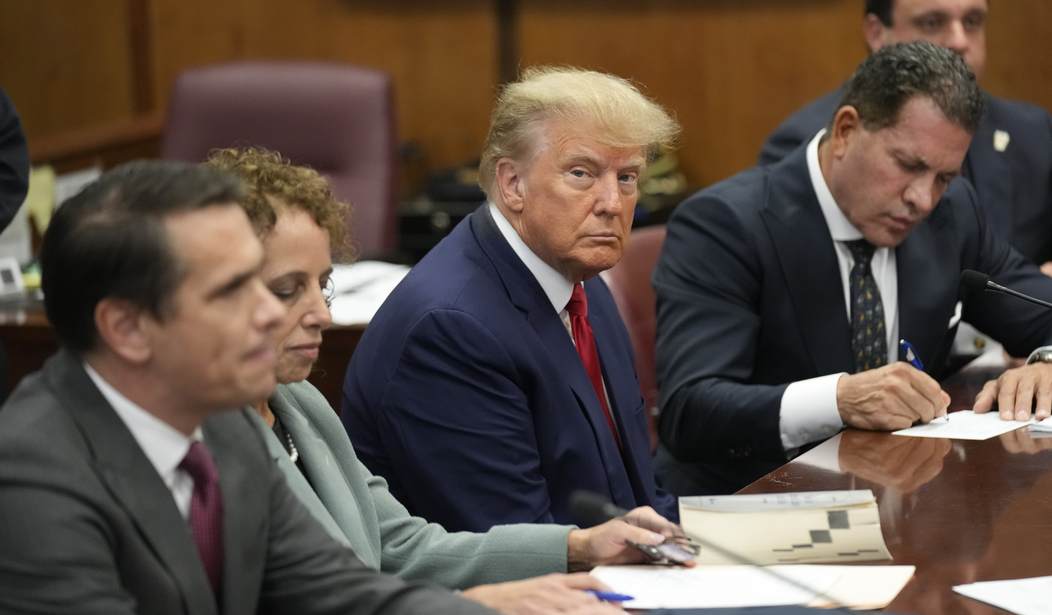

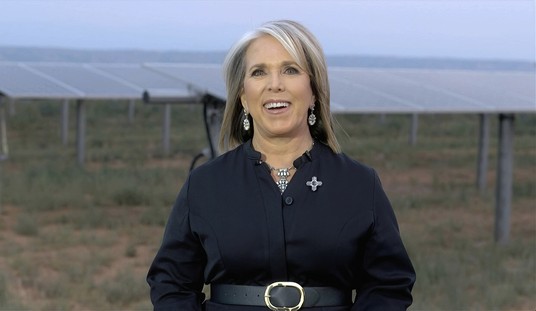


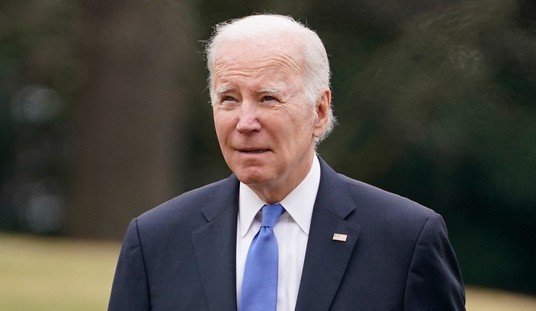


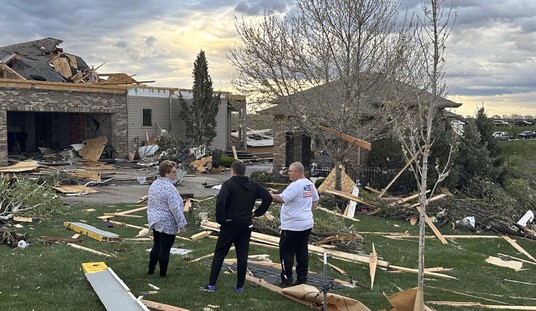
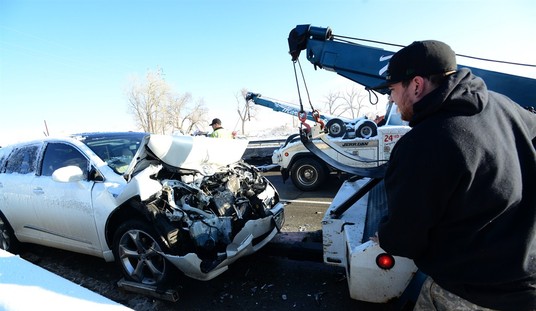
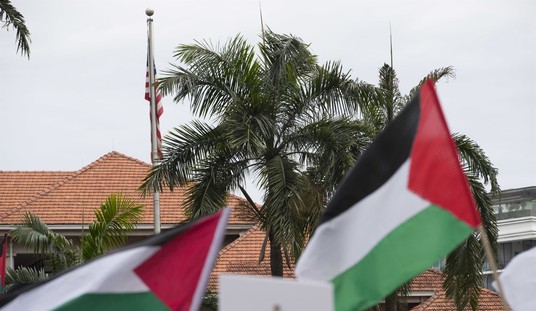


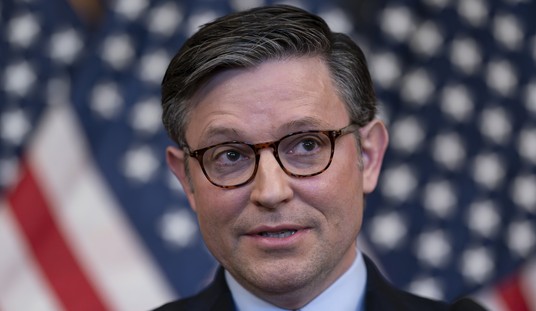
Join the conversation as a VIP Member